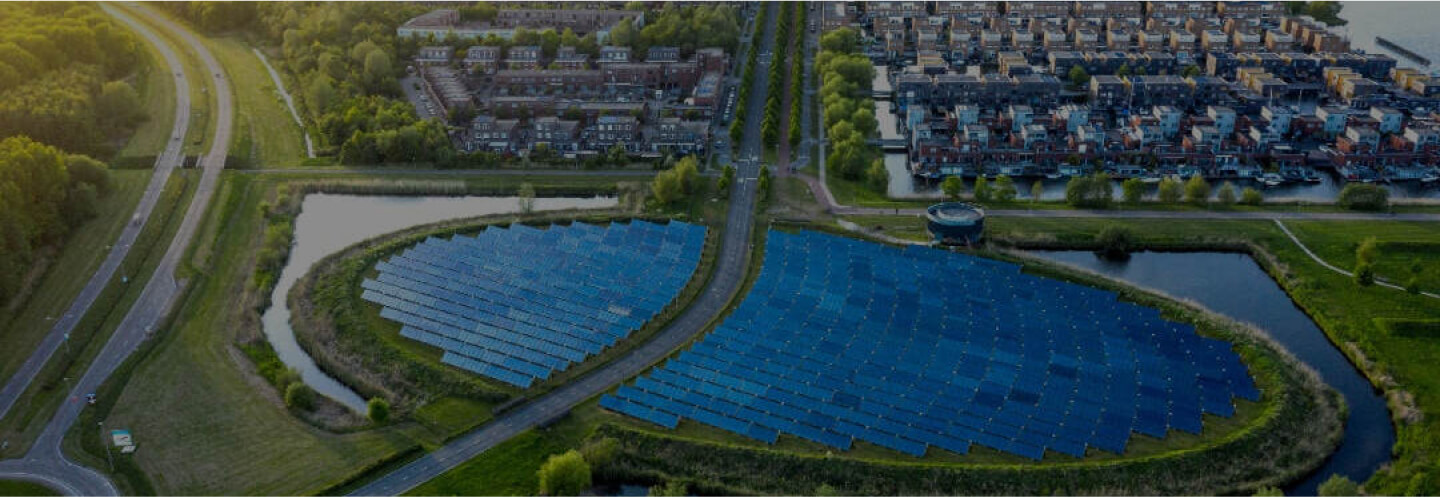What Does Sustainable
Finance Include ?
Sustainable finance covers a wide range of financial activities and investments that integrate environmental, social, and governance (ESG) factors. Some key components of sustainable finance include
Green
Finance
This refers to financial products and investments that specifically focus on environmental sustainability. It includes green bonds, green loans, and other financing instruments dedicated to projects related to renewable energy, energy efficiency, sustainable infrastructure, and other environmentally friendly initiatives.
Social
Impact
Social finance involves investments and financing that address social challenges and contribute to positive social outcomes. It includes impact investing, which targets projects and businesses that generate measurable social or environmental benefits alongside financial returns. Social finance can support areas such as affordable housing, healthcare, education, community development, and poverty alleviation.
Sustainable
Investment Funds
These are investment funds that apply ESG criteria in the selection and management of their investment portfolios. They seek to align financial returns with positive social and environmental impact. Sustainable investment funds may employ various strategies, such as screening out companies with poor ESG performance, actively engaging with companies to improve their sustainability practices, or investing in companies that offer solutions to sustainability challenges.
ESG
Integration
Sustainable finance involves integrating ESG factors into investment analysis and decision-making processes. This includes considering environmental risks, social impact, and corporate governance practices when evaluating investment opportunities. ESG integration aims to identify companies and projects that demonstrate sustainable practices and strong ESG performance, which can potentially lead to better risk management and long-term financial performance.
Corporate
Sustainability Reporting
Sustainable finance encourages companies to disclose their ESG performance and practices through sustainability reporting. This transparency allows investors and stakeholders to assess the sustainability credentials of companies and make informed investment decisions. Reporting frameworks such as the Global Reporting Initiative (GRI), Sustainability Accounting Standards Board (SASB), and Task Force on Climate-related Financial Disclosures (TCFD) provide guidelines for comprehensive ESG reporting.








